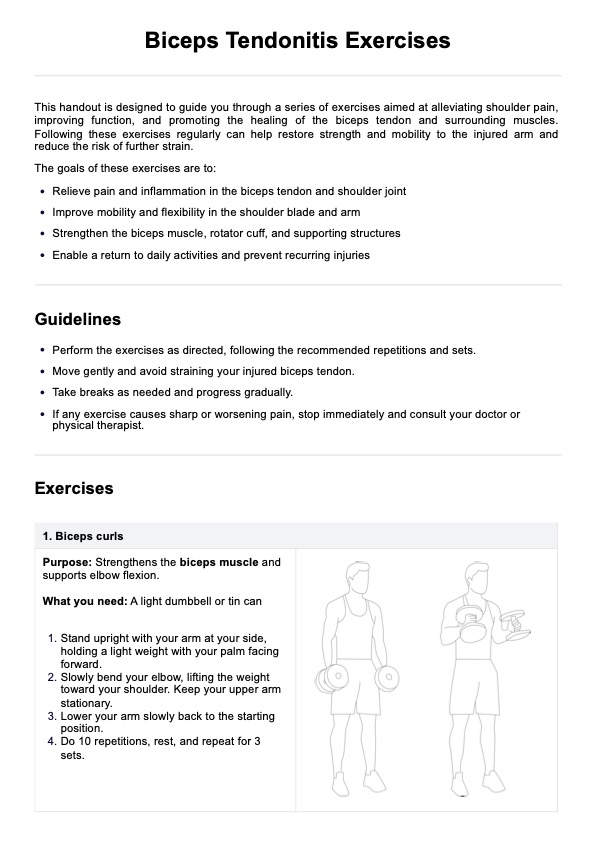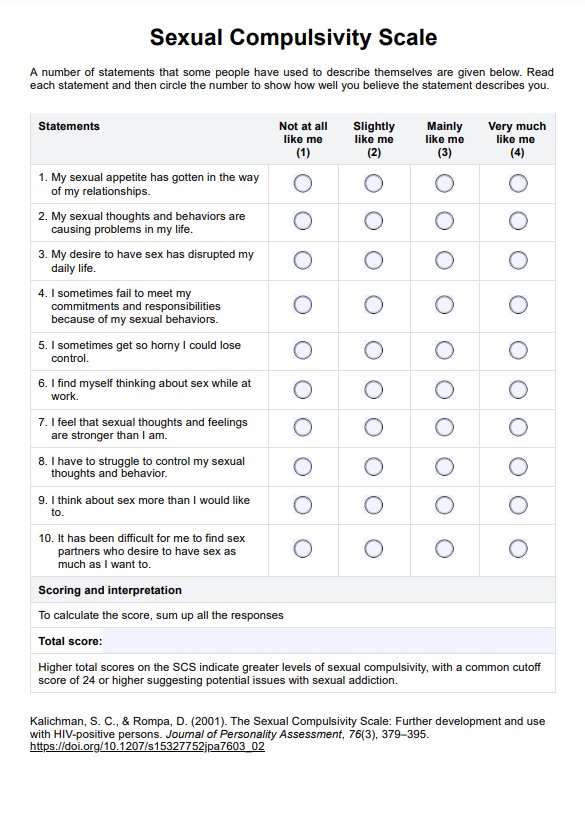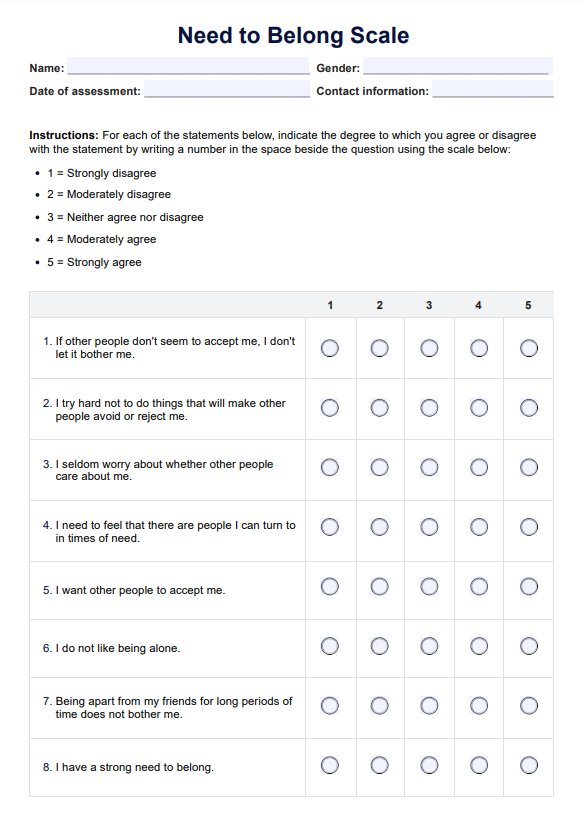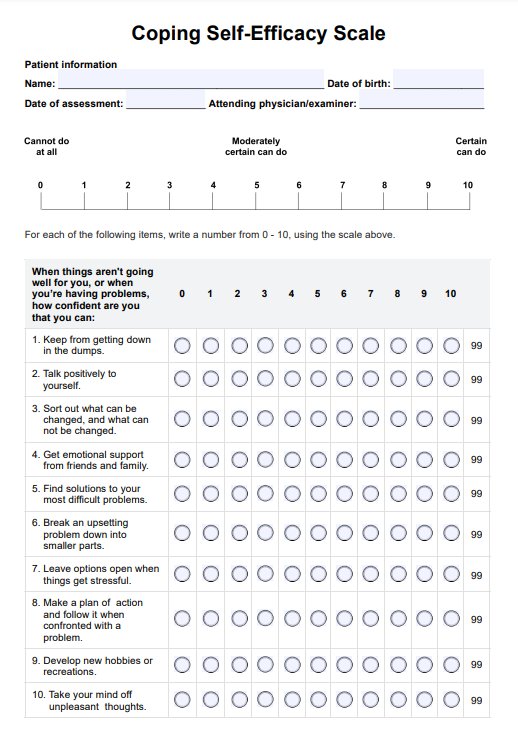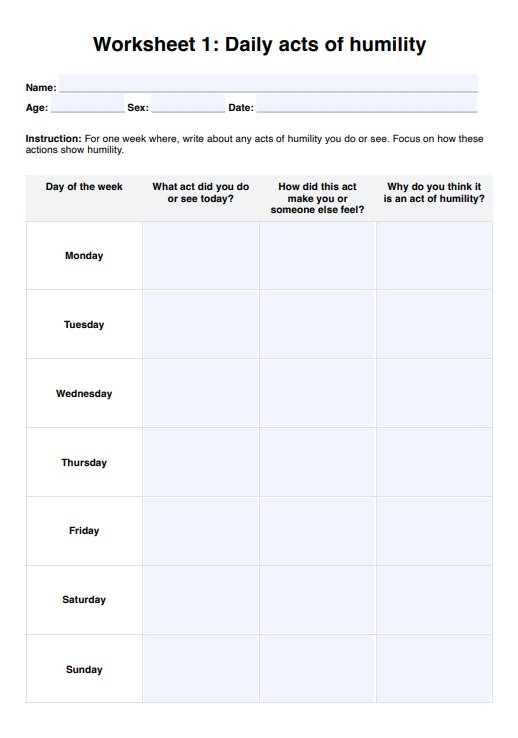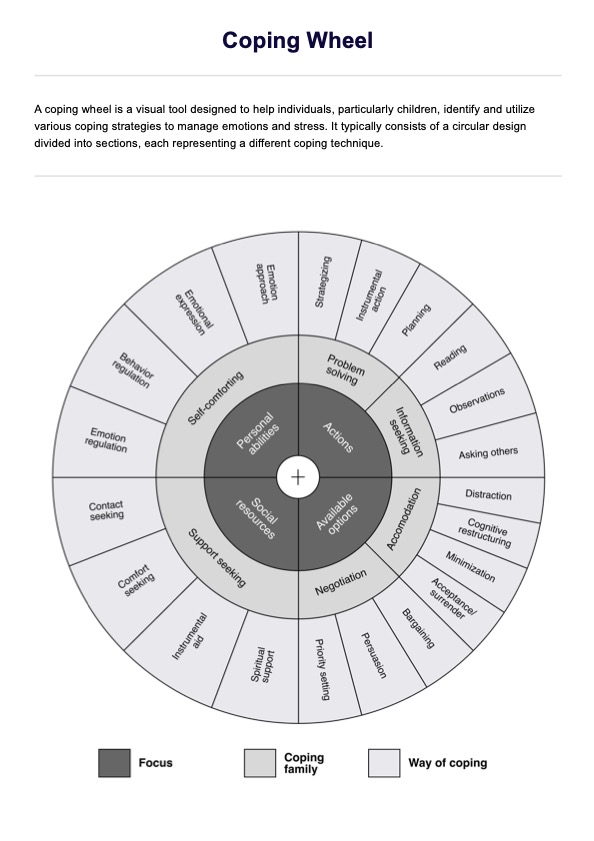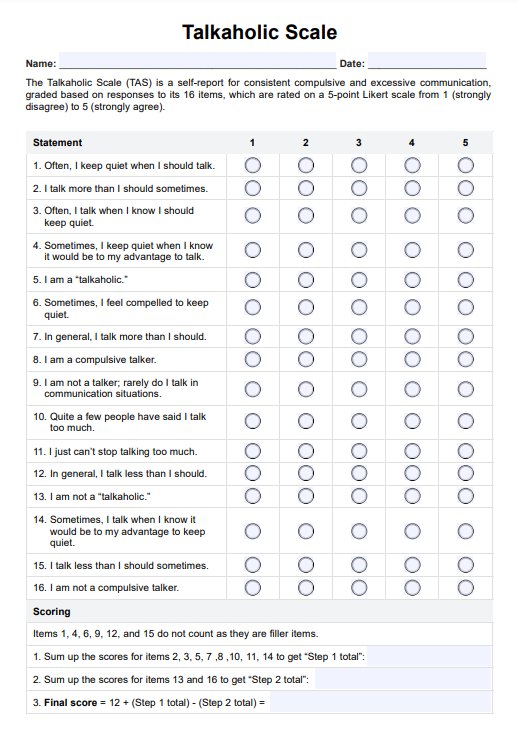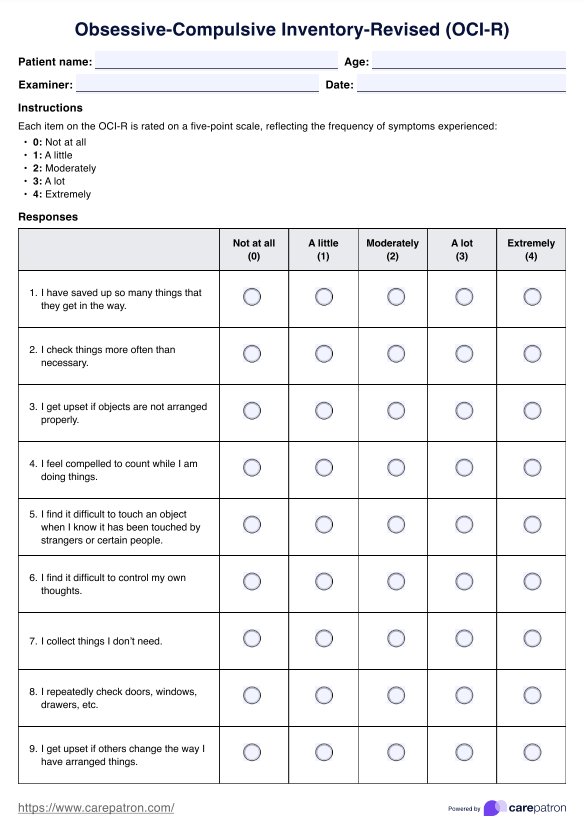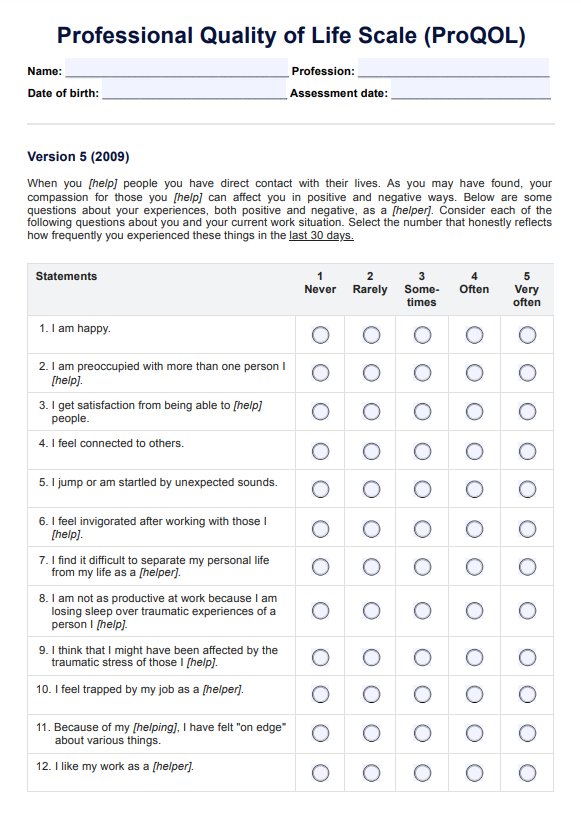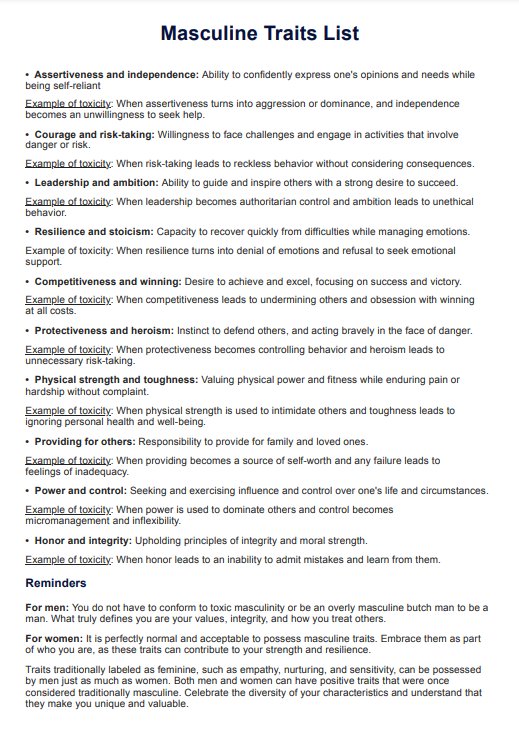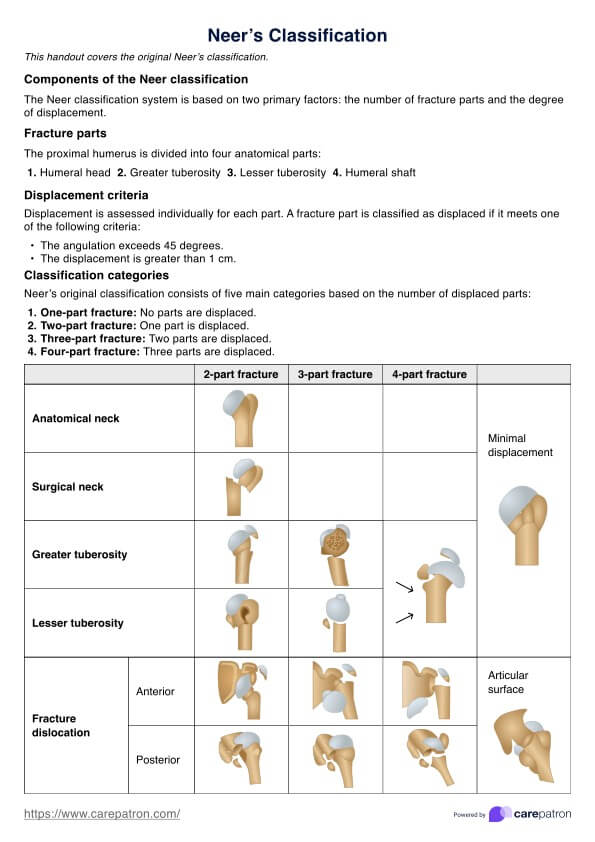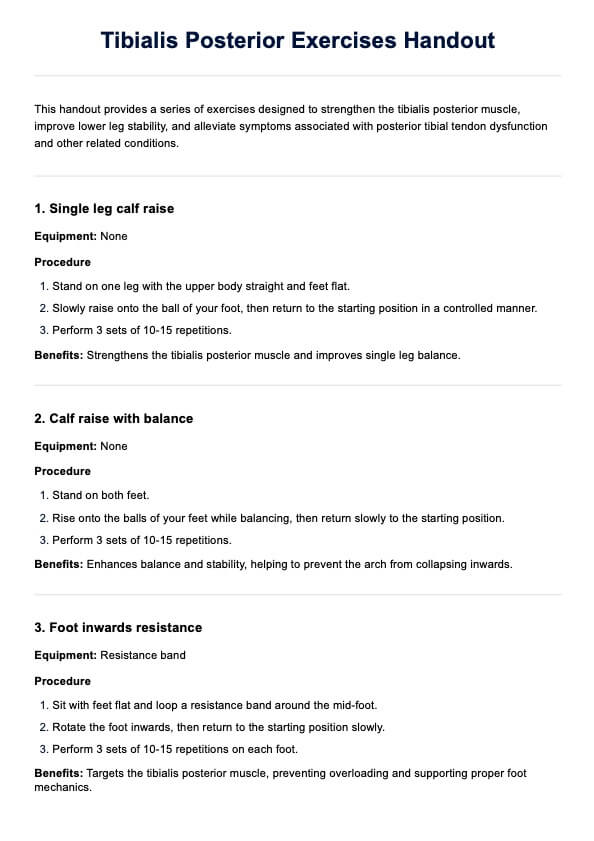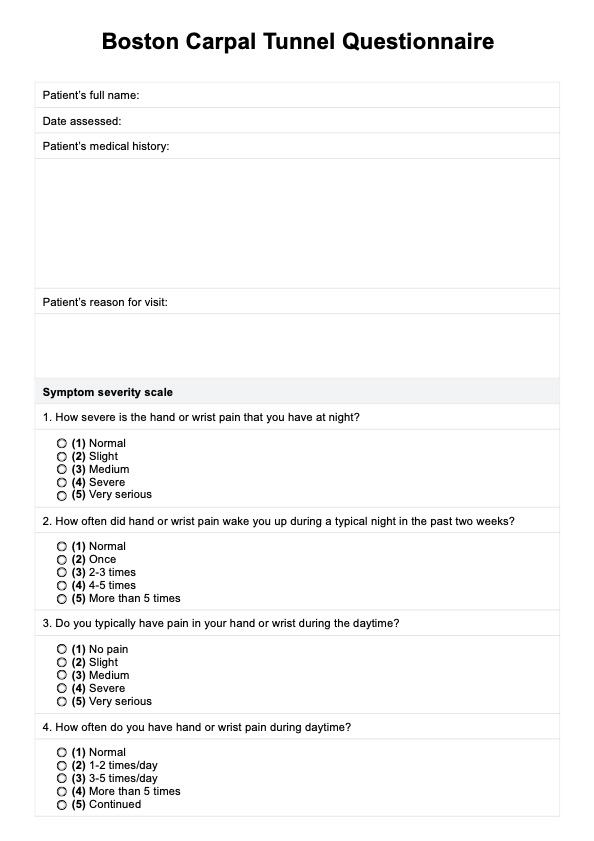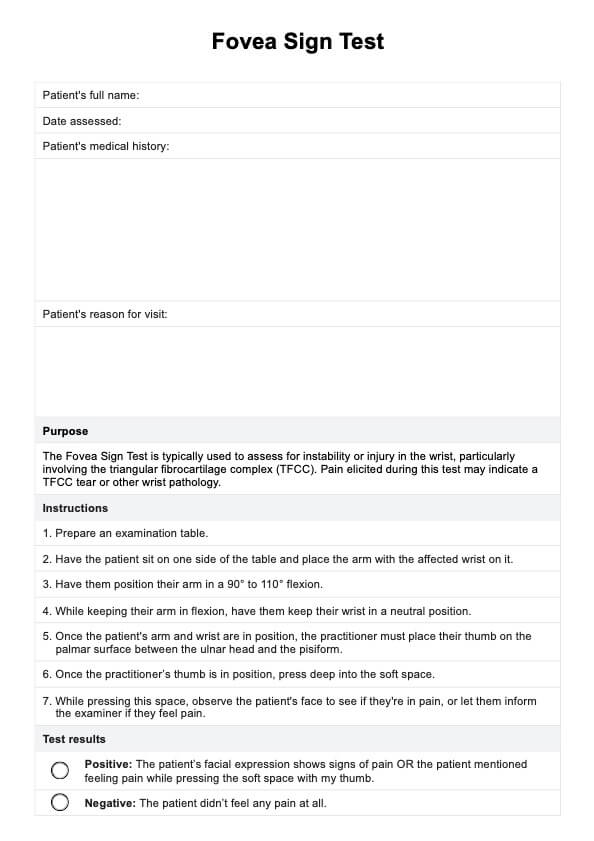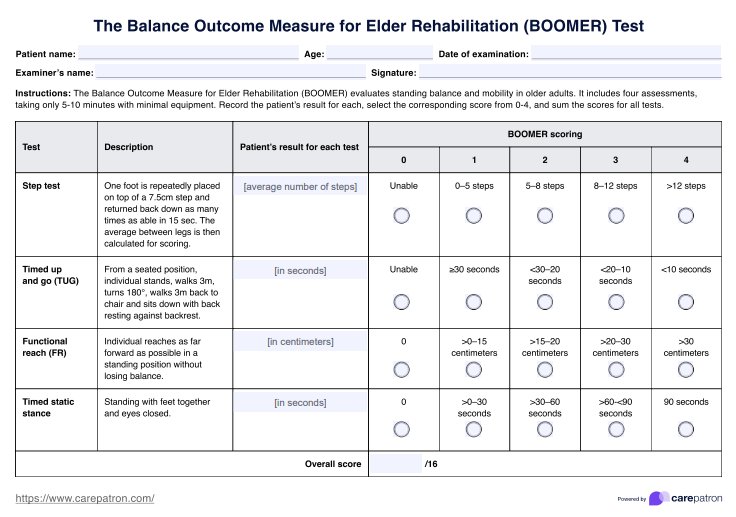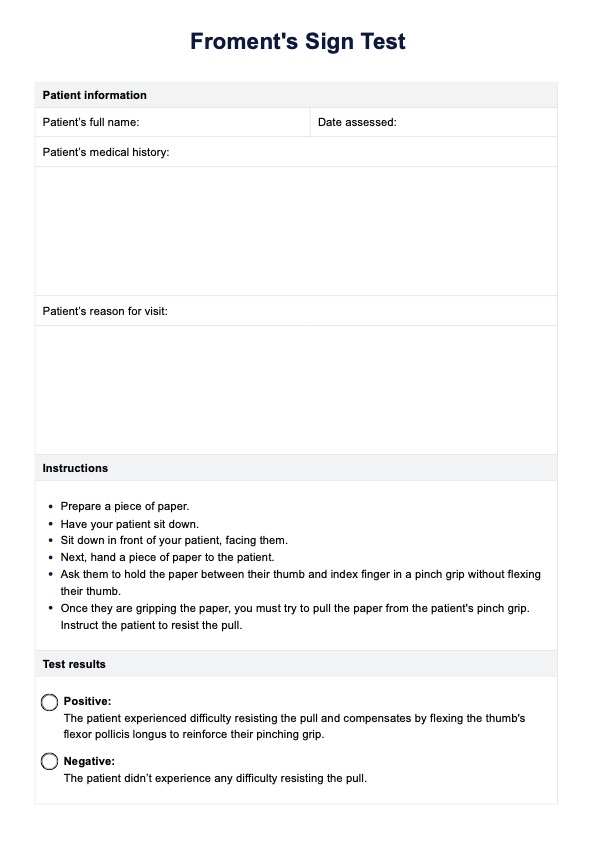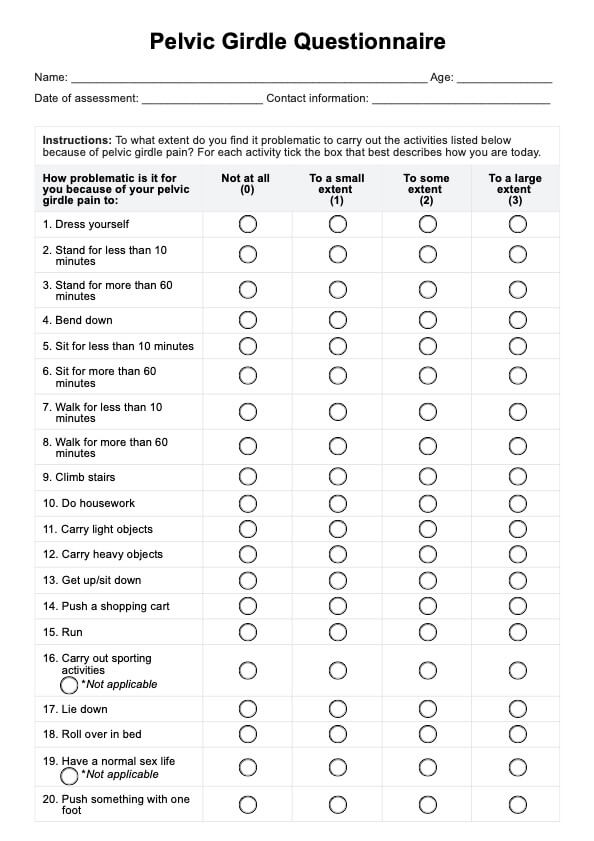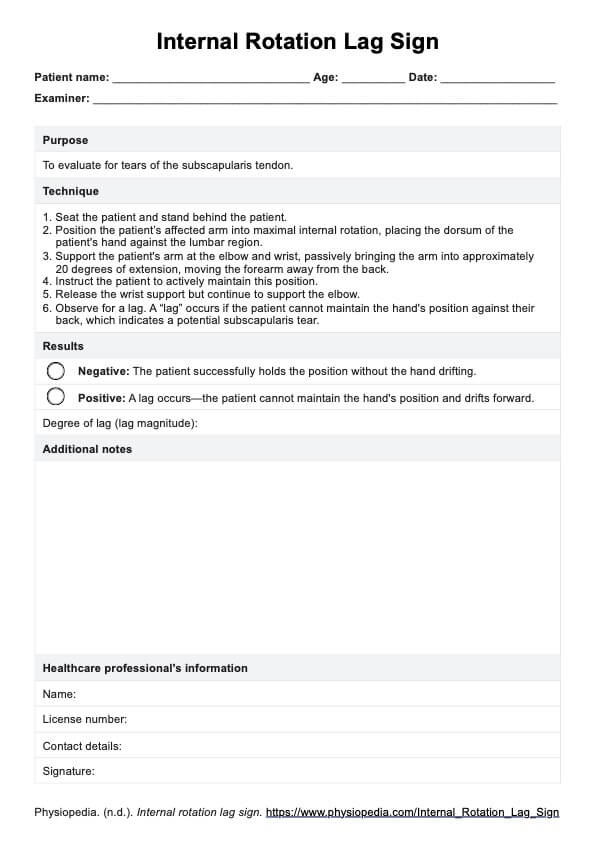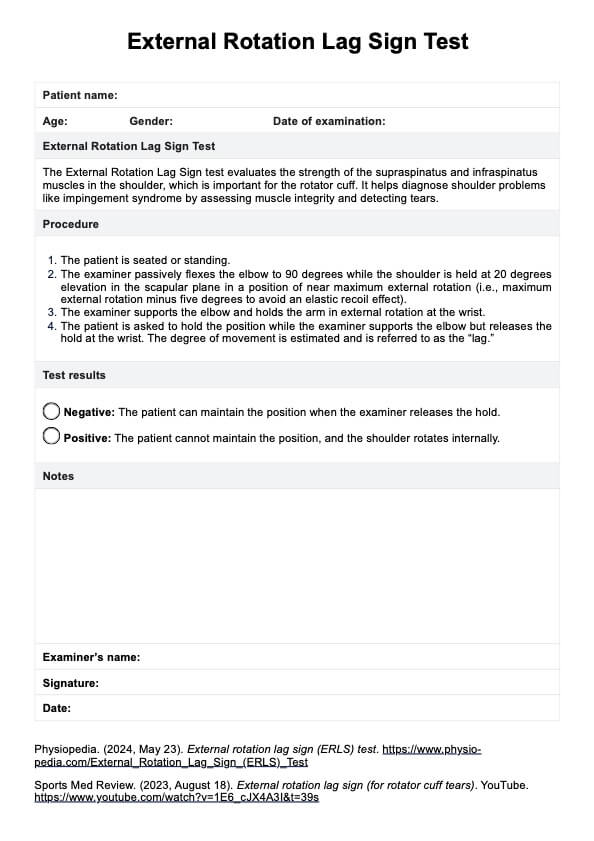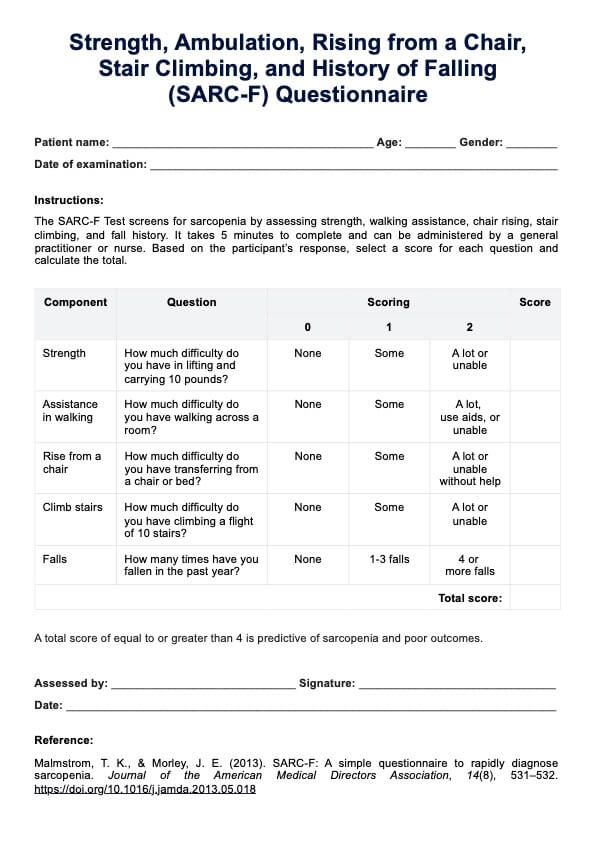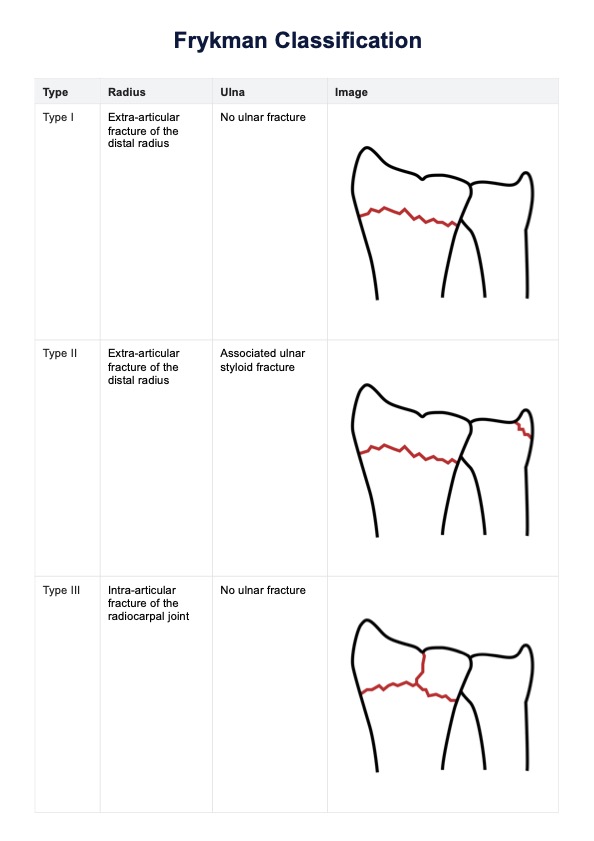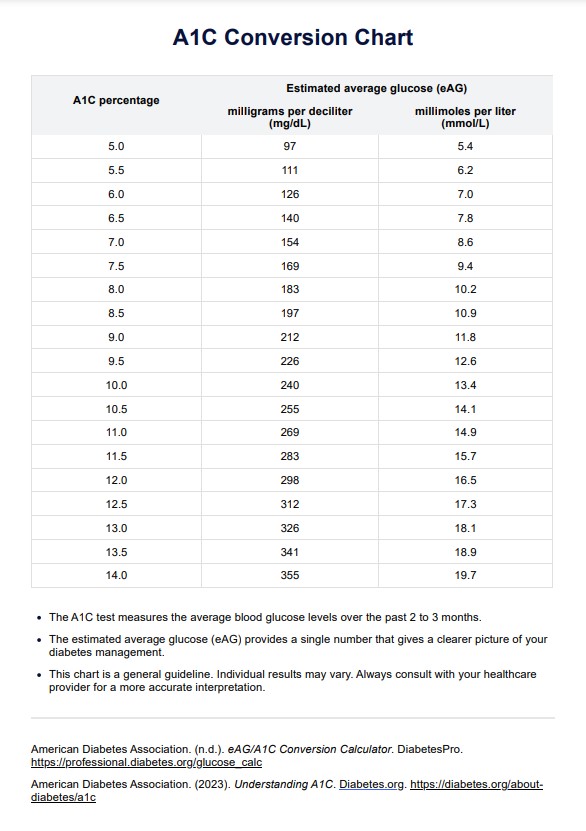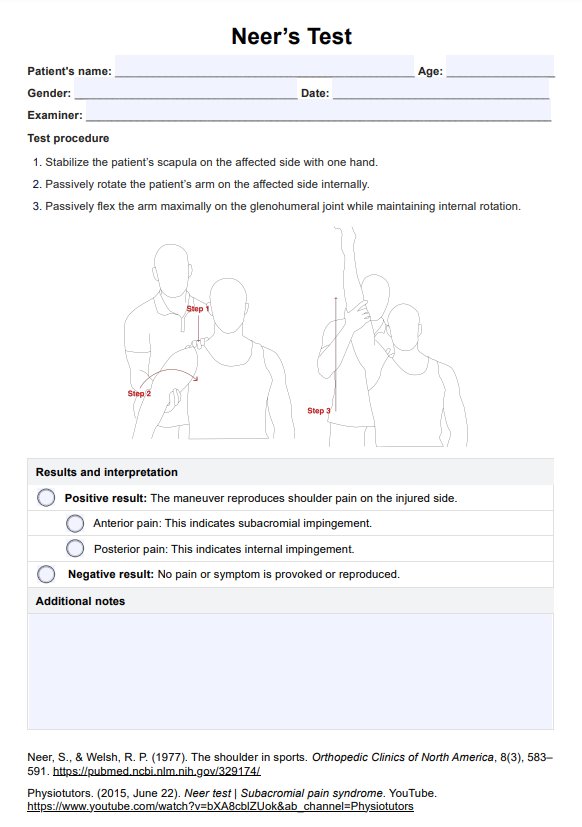Fitness Questionnaire
Use our Fitness Questionnaires to assess physical fitness level, setting personalized goals, and optimize your exercise programs.


What is a Fitness Questionnaire?
Accessing fitness improves physical health, enhances mental well-being, boosts energy levels, aids in stress management, prevents diseases, improves quality of life, and promotes self-confidence.
A Fitness Questionnaire is a tool useful in the field of health and fitness to gather information about an individual's physical condition, exercise habits, and overall fitness goals. It serves as a preliminary assessment that helps fitness professionals tailor exercise programs and provide personalized guidance to their clients.
typically consist of a series of questions related to various aspects of fitness, such as current activity level, exercise preferences, medical history, and any existing injuries or health conditions. The questions aim to collect relevant information that can assist in developing a safe and effective fitness plan.
These questionnaires cover a wide range of topics, including individual goals, exercise history, dietary habits, stress levels, and availability for workouts. By gathering this information, fitness professionals can gain insight into a client's current fitness level, lifestyle factors, and any potential limitations or considerations that may need to be considered.
If you want to learn more about these types of resources, feel free to check out this video on a Fitness Assessment:
Fitness Questionnaire Template
Fitness Questionnaire Example
How does it work?
It is important to understand the process involved to use a Printable Fitness Questionnaires effectively. Here, we'll guide you through the steps to administer this assessment and gather valuable information.
Step 1: Introduce the questionnaire to the individual
Provide the individual with the Fitness Questionnaire and explain its purpose. Ensure that they fill out the sections of the questionnaire that gather essential information. This information will provide context for their fitness assessment.
Step 2: Guide the individual through the questionnaire
Assist the individual in navigating the questionnaire. Explain each section and its purpose, encouraging them to answer honestly and to the best of their ability.
Step 3: Review and discuss the results
Use the gathered information to assess the individual's fitness level, goals, and preferences. Discuss the questionnaire results with the individual, highlighting areas of focus and potential strategies for improvement.
Step 4 Assess physical fitness components
Review the sections of the questionnaire that pertain to physical fitness components such as cardiovascular endurance, muscular strength, flexibility, and body composition.
Step 5: Analyze and Identify goals
Based on the completed questionnaire, evaluate the individual's exercise preferences and any limitations or considerations. Determine if they are primarily focused on weight loss, muscle gain, improving overall fitness, or targeting specific areas of their health and well-being.
Step 6: Develop a personalized fitness program
Utilize the gathered information to create a personalized fitness program tailored to the individual's goals, preferences, and current fitness levels. Design a structured exercise routine that includes appropriate cardiovascular, strength, and flexibility exercises.
When would you use this Template?
Fitness Questionnaires can be beneficial in various contexts and serve different purposes. First, fitness professionals, such as personal trainers and coaches, can make use of Fitness Questionnaires to evaluate their clients' existing fitness levels, goals, and health considerations.
Next, fitness Questionnaires can be integrated into workplace wellness programs, community health initiatives, or school fitness programs. They are assessment tools to gather information about participants' fitness habits, health conditions, and lifestyle factors.
Researchers can administer these questionnaires to participants to assess their fitness levels, monitor changes over time, and investigate the effectiveness of specific interventions or treatments.
Moreover, these questionnaires provide insights into an individual's exercise habits, physical capabilities, and overall fitness, enabling healthcare providers to offer tailored advice and recommendations.
Lastly, individuals who wish to evaluate their own fitness levels, set goals, or track their progress can utilize Fitness Questionnaires. By completing these questionnaires, individuals can gain insights into their current physical condition, identify areas for improvement, and design their own exercise plans.
Benefits
Enhances Understanding of Fitness Levels and Goals
Fitness Questionnaires provide valuable insights into an individual's fitness profile, including their current fitness level, exercise habits, and goals. This information allows fitness professionals can better understand the individual's starting point.
Personalizes Exercise Programs
By collecting specific information about an individual's fitness preferences, limitations, and health considerations, Fitness Questionnaires enable fitness professionals to create tailored exercise programs.
Identifies Potential Risks and Considerations
Fitness Questionnaires inquire about medical history, existing injuries, and health conditions. This information helps fitness professionals identify potential risks or contraindications to specific exercises or training methods. It allows them to modify the program accordingly, ensuring the safety and well-being of the individual throughout their fitness journey.
Tracks Progress and Adjusting Programs
A Free Fitness Questionnaire can be used periodically to track progress and make necessary adjustments to exercise programs. By comparing responses over time, fitness professionals can assess changes in fitness levels, adapt goals, and modify training strategies to ensure continued progress and success.
Promotes Self-Awareness and Goal Setting
Completing a Fitness Questionnaire encourages individuals to reflect on their fitness habits, goals, and aspirations. It fosters self-awareness by helping individuals identify areas for improvement and set realistic and achievable fitness goals.
Research & Evidence
Fitness questionnaires have a rich history spanning over 50 years in assessing an individual's physical fitness level. The initial development of a fitness questionnaire can be traced back to 1965 when Dr. Kenneth Cooper, a prominent figure in exercise science, introduced the first fitness questionnaire. One of his notable contributions, the Cooper 12-Minute Run Test, remains widely used even today.
Over time, research has provided substantial support for the effectiveness and validity of fitness questionnaires. Numerous studies have demonstrated that these questionnaires can accurately assess an individual's physical fitness level and track changes in fitness over time.
The evidence supporting the use of fitness questionnaires stems from various sources, including randomized controlled trials and observational studies. Randomized controlled trials have compared the results of fitness questionnaires with other measures of physical fitness, such as VO2 max. These studies consistently validate using fitness questionnaires as a reliable and valid method for assessing physical fitness.
Observational studies have explored the relationship between fitness questionnaire scores and health outcomes, such as cardiovascular disease and mortality. The findings from these studies consistently highlight a significant association between higher fitness questionnaire scores and a reduced risk of developing chronic diseases and premature mortality.
References
Caspersen, C. J., Powell, K. E., & Christenson, G. M. (1985). Physical activity, exercise, and physical fitness: definitions and distinctions for health-related research. Public Health Reports, 100(2), 126-131.
Thomas, S. A., Haskell, W. L., Fox, S. M., et al. (1992). The Physical Activity Readiness Questionnaire (PAR-Q): A tool for the assessment of physical activity in health promotion and disease prevention programs. Journal of the American Medical Association, 267(6), 857-861.
Commonly asked questions
Fitness Questionnaires are used by various individuals and professionals, including fitness trainers, coaches, healthcare providers, researchers, and individuals on their personal fitness journey. They are utilized to gather information about an individual's fitness level, goals, and health considerations.
The Fitness Questionnaire is typically used at the beginning of a fitness program or assessment to gather baseline information about an individual's fitness profile. It is also used periodically to track progress and make adjustments to exercise programs. Additionally, the Fitness Questionnaire may be employed in research studies or as part of routine health assessments.
The Fitness Questionnaire is administered by having individuals answer a series of questions related to their exercise habits, current fitness level, goals, and health factors. Fitness professionals or healthcare providers analyze the responses to assess the individual's fitness profile and develop personalized exercise programs.


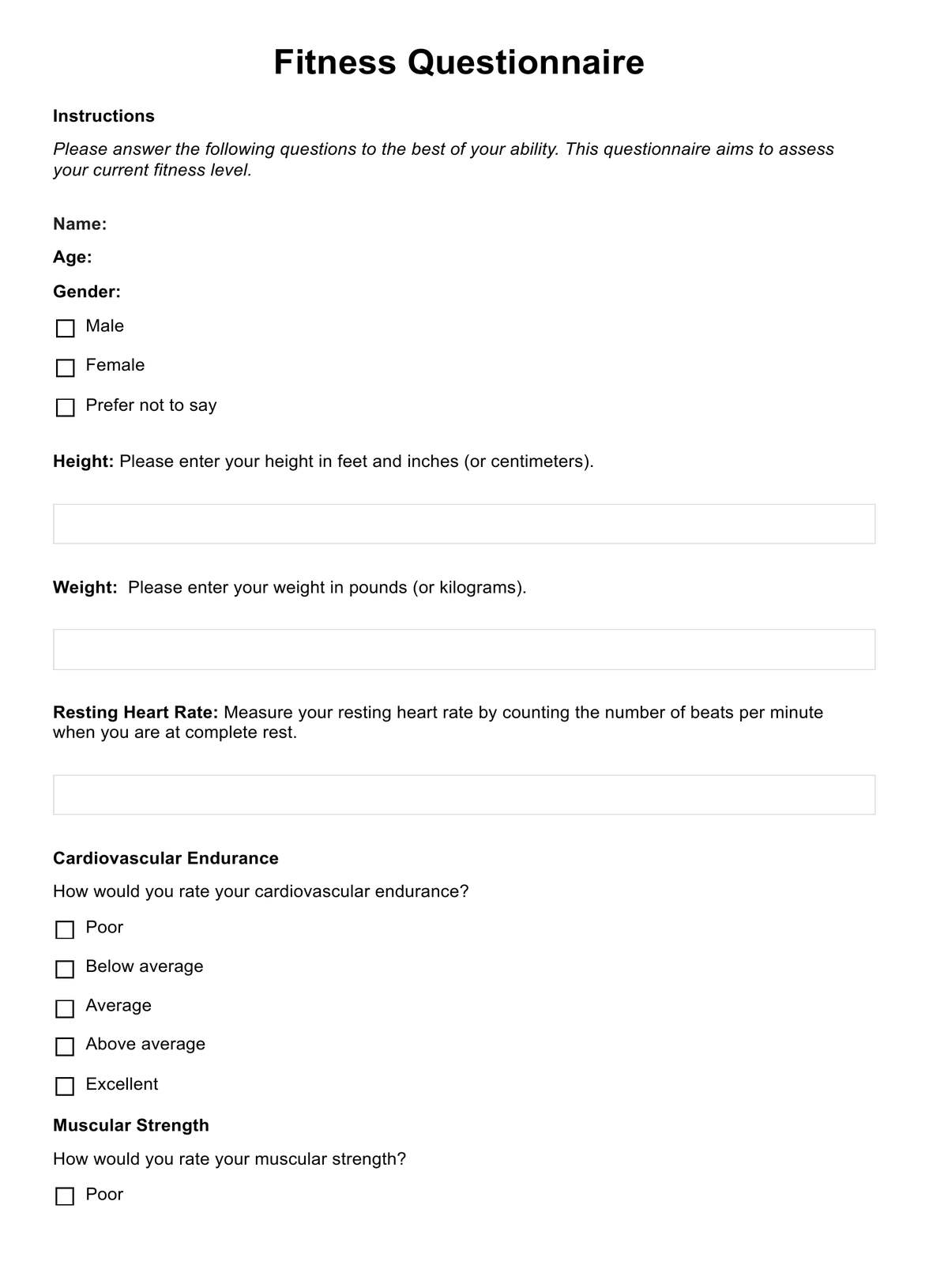
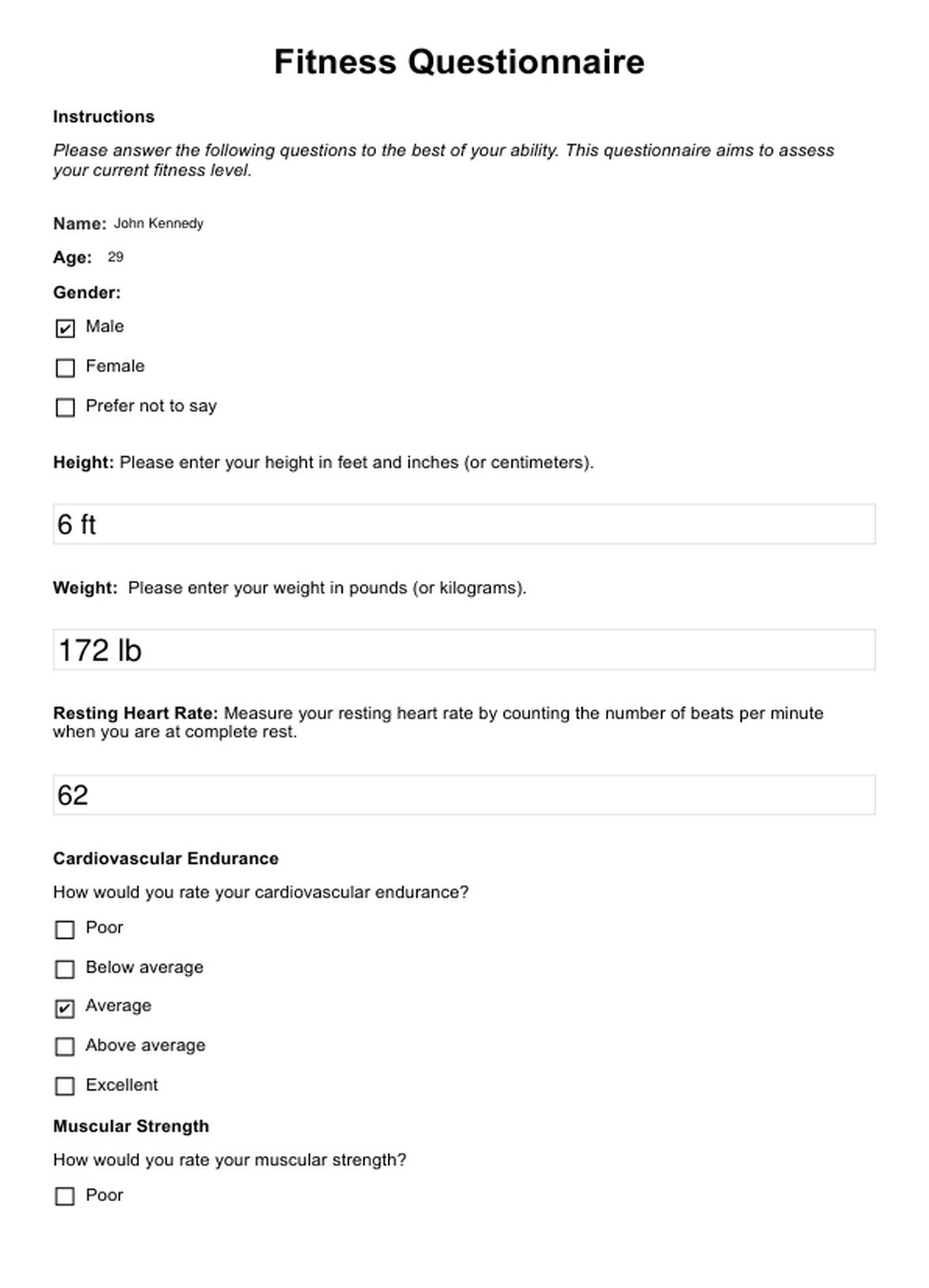


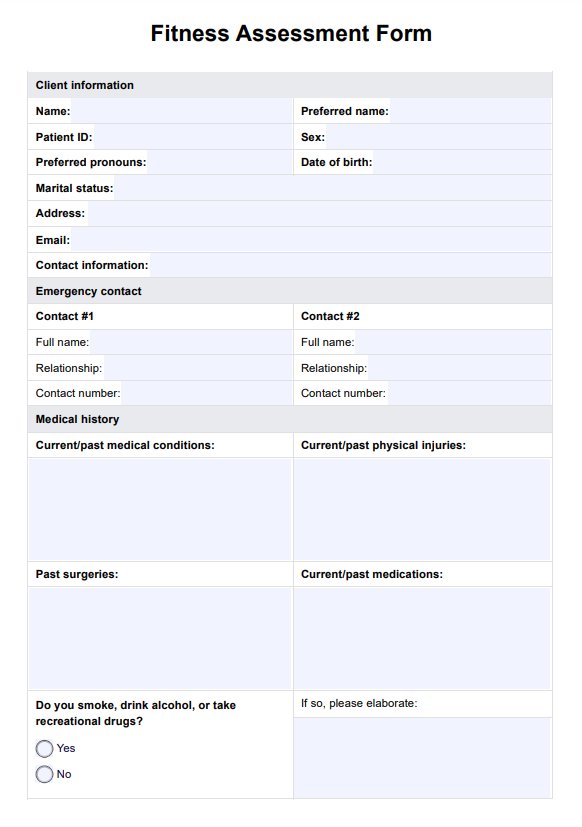
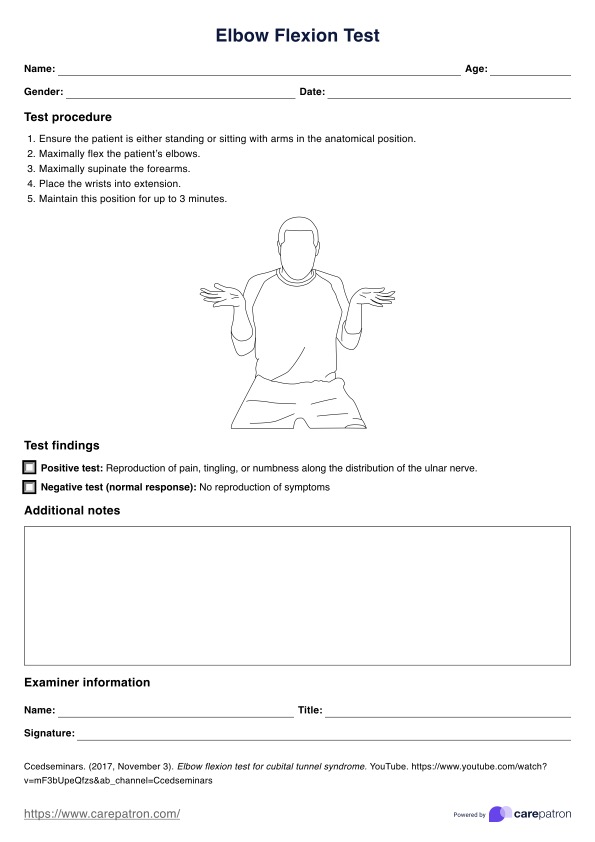
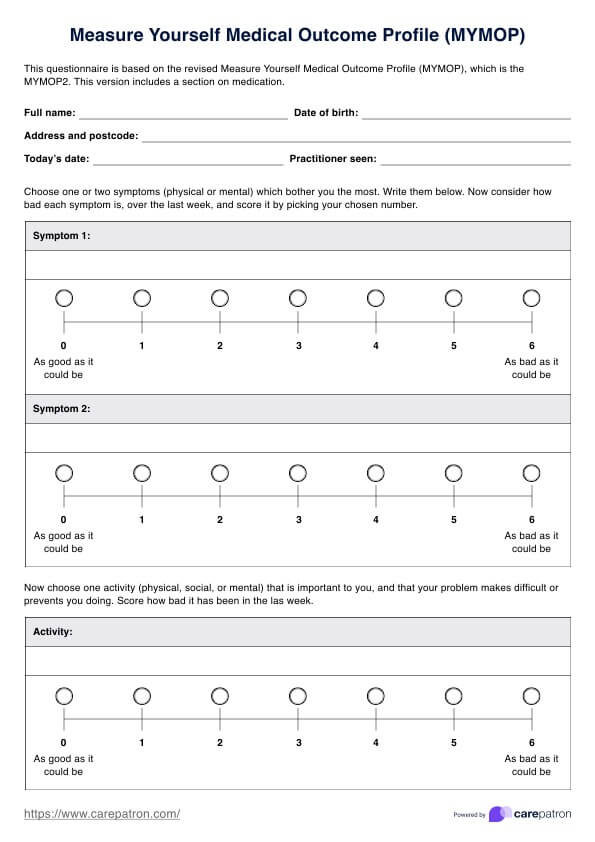
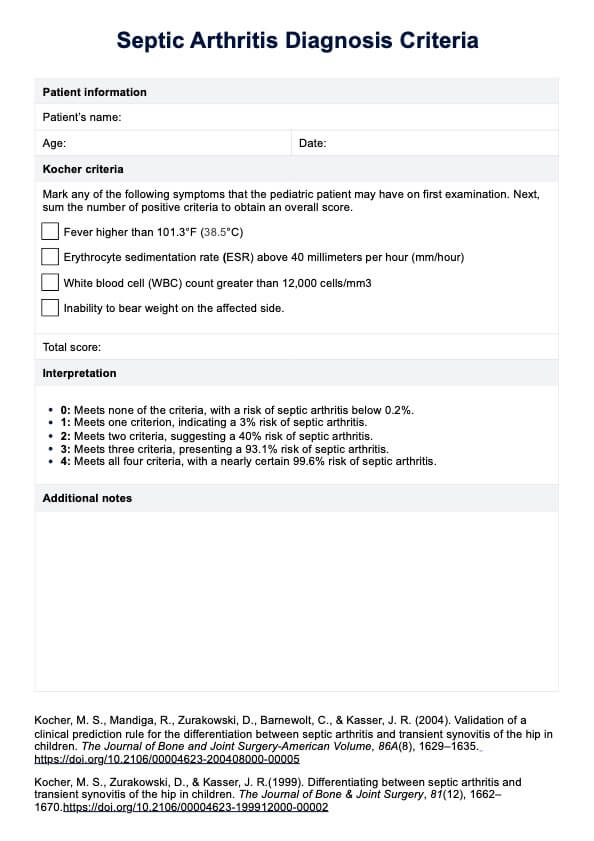






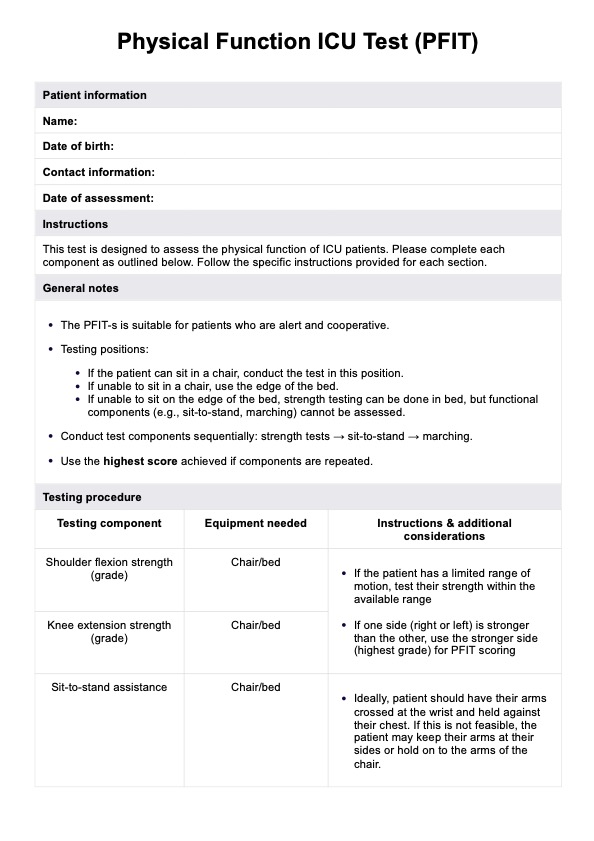




-template.jpg)















